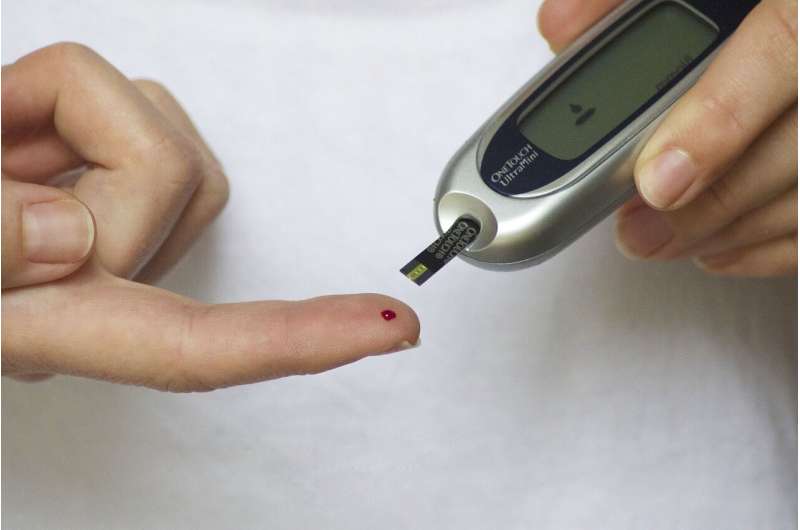
An investigation by The BMJ reveals that dozens of UK companies are offering private blood tests for a range of conditions and deficiencies, with some making misleading claims, not backed by evidence, and leaving an already overworked NHS to follow up “abnormal results.”
Consumers are promised that such tests will help them take control of their health and spot problems early, but journalist Emma Wilkinson finds that tests often contradict official medical guidance and don’t fully explain the implications of the results for the patient.
In a linked opinion article, experts highlight several areas of concern and argue that private blood testing companies need clear regulation to prevent more poor quality, over-hyped testing with potential harms to individuals and unnecessary costs for the NHS.
Based on the findings of this investigation, The BMJ has referred two companies to the UK Advertising Standards Authority for misleading claims about the accuracy or detection rates associated with at-home tests. Another removed tests from its website after The BMJ made an inquiry.
Examples of private testing include regular blood tests that promise to predict how many healthy years of life a person has left; a tiredness and fatigue finger prick test that measures iron, thyroid hormones, vitamin levels, and inflammation; and screening with the option of a full refund if users’ results fall within the normal range.
But Bernie Croal, president of the Association for Clinical Biochemistry and Laboratory Medicine, points out that 5% of test results will lie outside the normal reference range, so very few people will have no “abnormal” results, even if there’s nothing wrong with them.
What’s more, many of these tests are not recommended by the National Screening Committee “because it is not clear that the benefits outweigh the harms,” yet GPs are often asked by patients to review the results of private blood tests, creating more work for an already stretched NHS.
In 2019 the Royal College of General Practitioners published a position statement about private health screening, warning that “the organization initiating the screening should not assume that GPs will deal with the results.”
However, the companies selling tests believe there is a role for private testing.
Sam Rodgers, a practicing GP in southeast London and chief medical officer at Medichecks, points out that people are directed to their GP after its testing in about 7% of cases, while Nightingale said its tests were for “prediction and prevention rather than diagnosis or treatment,” and it didn’t provide test results as such but overall risk information and lifestyle guidance.
Yet it is clear there is wide variation in the amount and accuracy of information provided to consumers when purchasing tests online, writes Wilkinson.
For instance, prostate cancer risk (PSA) testing is available on the NHS for men without symptoms over the age of 50, after a discussion with a GP about the risks and benefits. Yet private tests are easily available with no age recommendation at all, and some contradict official advice about their accuracy.
Wilkinson reports that private tests are also promoted by the NHS-endorsed Patient Access app, despite being something that the NHS positively discourages.
Shaun O’Hanlon at EMIS, the healthcare IT company behind the app, says that all private provider testing services listed on Patient Access have been selected after a thorough review by the clinical team, which includes UK GPs, while NHS Digital says that services offered through third party apps or websites connected to the NHS login service are the responsibility of the companies providing them.
But experts are calling for better regulation. Dr. Margaret McCartney and colleagues say the NHS “needs to robustly explain the criteria for high quality screening and testing, and explain when consumers should be skeptical and what they should question.”
Source: Read Full Article
